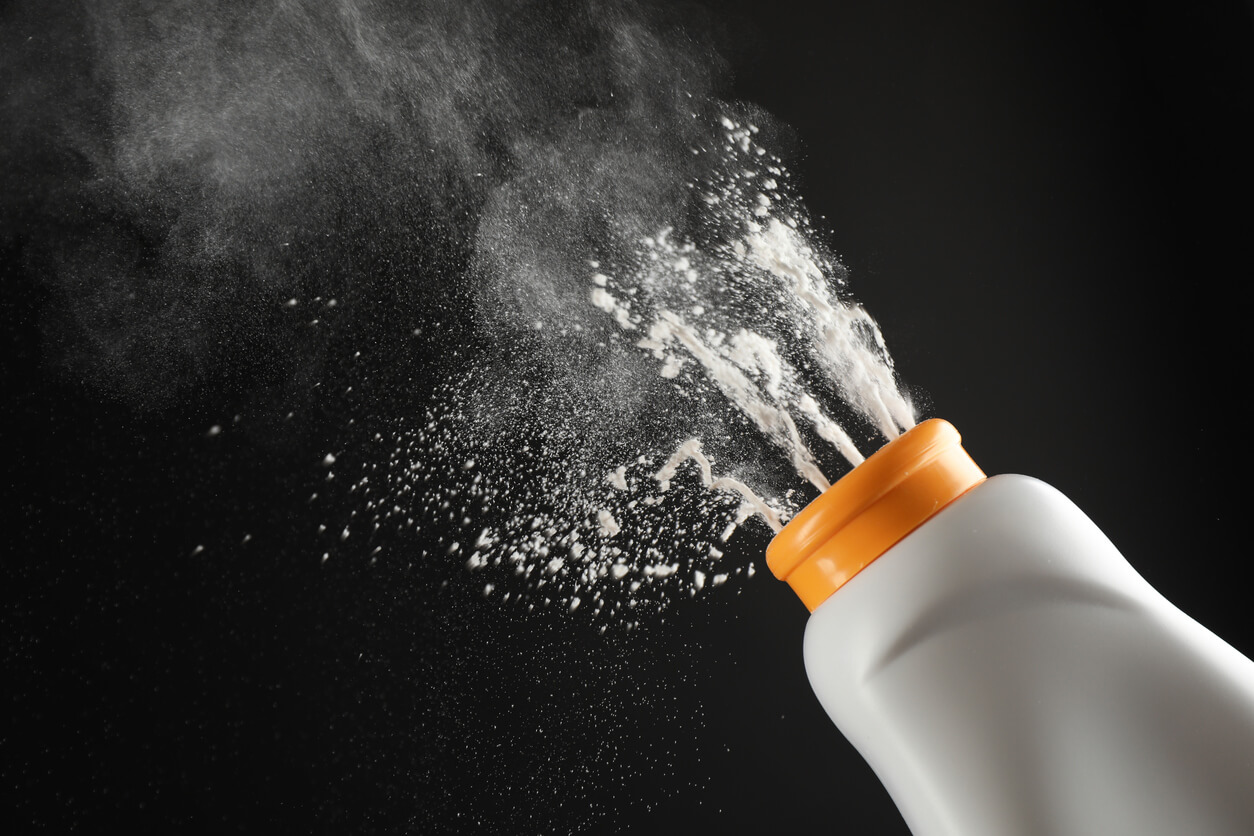Jury Awards $260 Million to Baby Powder User in Case Against Johnson & Johnson
Editors carefully fact-check all Drugwatch.com content for accuracy and quality.
Drugwatch.com has a stringent fact-checking process. It starts with our strict sourcing guidelines.
We only gather information from credible sources. This includes peer-reviewed medical journals, reputable media outlets, government reports, court records and interviews with qualified experts.

An Oregon jury has ordered Johnson & Johnson to pay $260 million to Kyung Lee, who developed mesothelioma after using the company’s talc-based baby powder for over 30 years.
Lee, a 48-year-old mother from Beaverton, Oregon, received a diagnosis of mesothelioma in August 2023. Her attorneys argued that her prolonged use of Johnson & Johnson’s baby powder, which allegedly contained asbestos, led to her illness.
The jury’s award includes $60 million in compensatory damages and $200 million in punitive damages. Mesothelioma is a terminal form of cancer with high fatality rates. Lee’s attorney emphasized that the payment will help secure a future for Lee’s family after she succumbs to her illness.
J&J Contends Baby Powder Is Safe
Johnson & Johnson disputes the claims that asbestos in their Baby Powder caused Lee’s illness. The company’s legal team argued that Lee’s exposure to asbestos likely came from other sources, such as a textile plant near her childhood home in South Korea.
J&J maintains that its talc products are safe, thoroughly tested and asbestos-free. Erik Haas, J&J’s worldwide vice president of litigation, expressed confidence that the verdict will be overturned on appeal. To support this, he cited decades of independent scientific evaluations that support the safety of their talc products.
History of J&J Baby Powder Litigation
This verdict is the latest litigation against Johnson & Johnson over its talc-based products. The company is pursuing a $6.48 billion settlement to resolve the approximately 61,000 pending cases related to its talc products. Some 57,365 are part of a federal multidistrict litigation in New Jersey.
While most of these cases involve claims that the powder caused ovarian cancer, mesothelioma cases like Lee’s are still a major concern for the company.
Johnson & Johnson has faced multiple lawsuits over its baby powder, with varying outcomes. The company has announced a “Plan of Reorganization” to resolve 99.75% of the talcum powder lawsuits through a proposed settlement. As part of its legal strategy, J&J has appealed to federal courts to reexamine previous unfavorable rulings, emphasizing that none of the claims against it have merit.